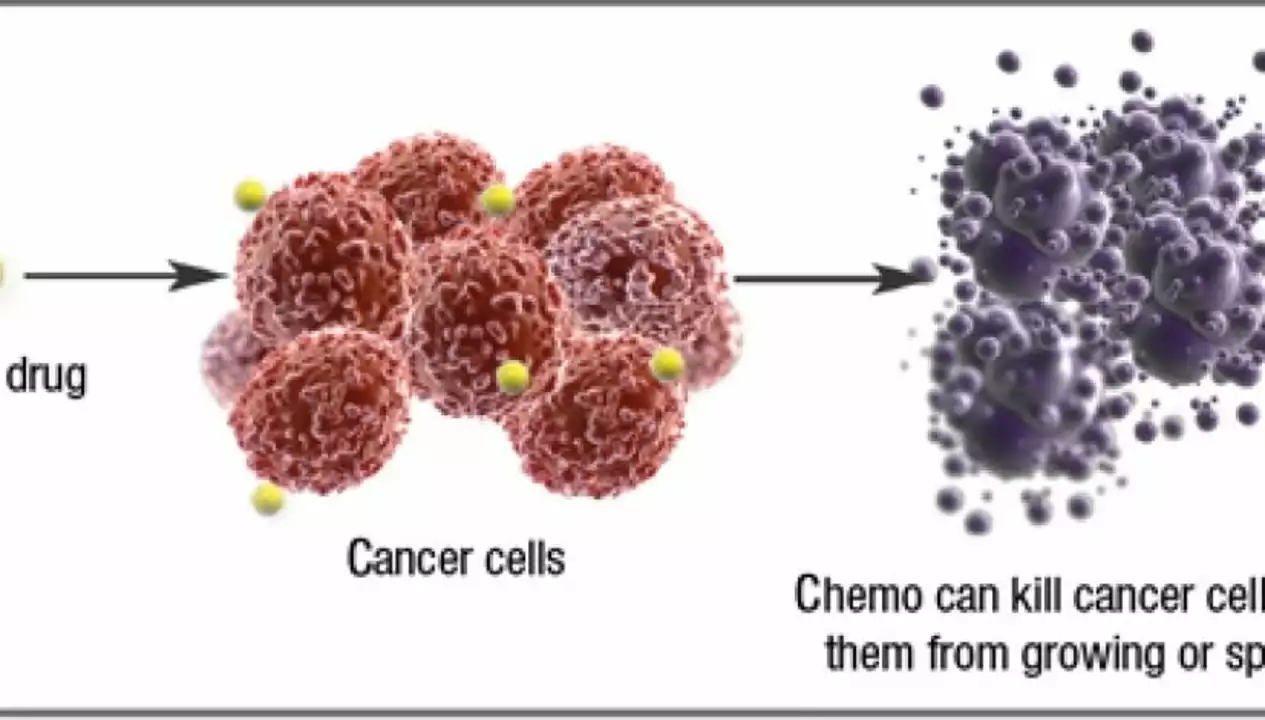Capecitabine: Oral Chemotherapy Guide
Capecitabine is an oral chemotherapy drug used mainly to treat colorectal and breast cancers. Patients take capecitabine at home instead of receiving 5‑fluorouracil through an IV. That convenience is great, but the drug still needs careful handling and monitoring.
How capecitabine works and who it helps
Capecitabine is a prodrug of 5‑fluorouracil (5‑FU). Your body converts it into 5‑FU, which attacks rapidly dividing cancer cells. Because activation happens more in tumor tissue, doctors often use capecitabine for targeted chemotherapy plans. It’s commonly combined with other drugs for higher effect — for example CAPOX (capecitabine plus oxaliplatin) in colorectal cancer or as part of adjuvant therapy after surgery. Still, normal cells can be affected, which causes side effects.
Typical dosing follows a cycle: pills twice a day for two weeks, then one week off. A common dose used in adults is 1250 mg per square meter of body surface taken twice daily for 14 days, then 7 days without treatment. Some patients use lower doses like 1000 mg/m2 depending on age, tolerance, or combination with other drugs. Take each dose within 30 minutes after a meal, and don’t crush or split tablets unless your pharmacist says it’s okay.
Expect side effects. The most frequent ones are hand‑foot syndrome (red, swollen, painful palms and soles), diarrhea, nausea, mouth sores, fatigue, and low white blood cell counts that raise infection risk. Skin changes and loss of appetite can occur too. Common tips to ease symptoms include using fragrance‑free moisturizers for hands and feet, avoiding hot water and tight shoes, eating small bland meals if nausea appears, and staying well hydrated.
Tips, monitoring and safety
There are important precautions. Capecitabine can cause birth defects — avoid pregnancy and use reliable contraception during treatment and for several months after. People with severe kidney problems may need dose changes. Rarely, people with dihydropyrimidine dehydrogenase (DPD) deficiency develop very severe toxicity; your doctor may test for DPD if there’s concern.
Capecitabine interacts with some medicines. Warfarin can cause higher INR and bleeding risk, so blood clotting is checked often. Certain antivirals, phenytoin, and other drugs can affect safety. Tell your care team about all medicines, vitamins, and herbal products.
Your oncology team will monitor blood counts, liver tests, and kidney function — usually before each cycle and more often if problems arise. Call your cancer nurse right away for fever over 38°C (100.4°F), severe diarrhea, uncontrolled vomiting, sudden bruising or bleeding, or signs of infection. Don’t double up on a missed dose; follow your doctor’s instructions.
Handle pills carefully: store at room temperature away from light, keep out of reach of children, and wash hands after handling if pregnancy is a concern. Ask your team about vaccines — live vaccines may be unsafe during treatment.
Capecitabine lets many people get effective chemo at home, but safe use depends on clear instructions, regular blood tests, and quick reporting of side effects. Talk honestly with your oncologist about what to expect and which support measures could help you manage treatment.

The impact of capecitabine on the immune system
As a blogger, I recently looked into the impact of capecitabine on the immune system. Capecitabine is a chemotherapy drug commonly used for treating various types of cancer. From my research, I found that it can weaken the immune system by reducing the number of white blood cells, making patients more susceptible to infections. However, it's important to remember that each individual reacts differently to the drug, and side effects can vary. Overall, while capecitabine plays a crucial role in cancer treatment, it's essential for patients to work closely with their healthcare team to manage any potential effects on their immune system.
April 27 2023